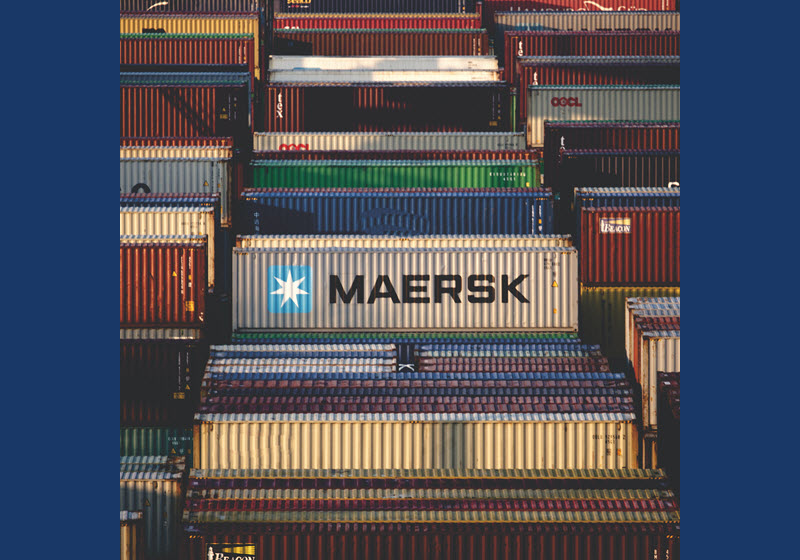7,000 cargo loaders at roughly 30 B.C. ports began striking on Canada Day and were on strike for 13 days. Mediation and an agreement were reached, but workers returned to the picket lines after the Workers’ Union rejected a tentative agreement. Here is an overview and expected timelines.
The two sides reached a tentative agreement on July 13 and the employers association ratified the deal on the same day.
In a surprising outcome, the International Longshore & Warehouse Union voted down the terms a federal mediator recommended to the organization and the B.C. Maritime Employers Association, the Union announced on July 18.
The union “does not believe the recommendations had the ability to protect our jobs now or into the future,” a statement says. “Our position since day one has been to protect our jurisdiction and this position has not changed.” ILWU membership didn’t vote on the agreement. The Union then went back on strike.
On July 19, Labour Minister Seamus O’Regan tweeted a Canada Industrial Relations Board ruling stating the Union didn’t provide the required 72-hour strike notice. “This strike is illegal,” the minister tweeted.
On July 21, the BCMEA said it had received communication from ILWU Canada that the ILWU Longshore Caucus approved and will recommend to their membership the Terms of Settlement that was proposed by the senior federal mediator and ratified by the BCMEA on July 13.
The tentative deal will be sent for a ratification vote by the ILWU voting membership, expected late this week, with results anticipated shortly thereafter.
Members of the ag community have voiced concern throughout the process. Cargo is already backed up at the more than 30 ports affected by the strike. With harvest beginning in some areas soon, this problem is going to get worse, said Ian Chitwood, vice-chair of Alberta Canola.
“It’s going to exasperate a lot of backlogs,” said Chitwood. “We’re moving grain but obviously it will be slower in a couple of months. You’ll see bigger troubles at grain elevators and along the rail system.”
When the strike does come to an end, it’s unlikely ag products will receive special attention. Other goods would be handled first, leaving agriculture with further delays, Chitwood said.
“The bulk commodities and intermodal transport gets first priority,” he said. “They’re going to try to fix those backlogs first for the manufacturers and retailers. If a ship has to wait it’s going to be a grain ship.”
Related Articles
- Strikes—the cost of doing business Another strike means another disruption to the way Canada does business. A look at how legal strikes impact our country. By Andrew Joseph, Editor Canada has seen its fair share of strikes lately—from auto workers...
- BC port strike. Does anyone truly benefit in the long run? As of July 1, 2023, more than 7,000 port workers across British Columbia went on strike. By Mitch Rezansoff As of July 1, 2023, more than 7,000 port workers across British Columbia went on strike. The Internation...
- Port of Vancouver strike impacting agriculture 7,000 cargo loaders at roughly 30 B.C. ports began striking on Canada Day, and they are still on strike. A strike could have serious consequences for the Canadian economy and the agriculture industry. Many exper...
 How to resolve AdBlock issue?
How to resolve AdBlock issue? 


Join the discussion...
You must be logged in as a CAAR member to comment.
Report
My comments